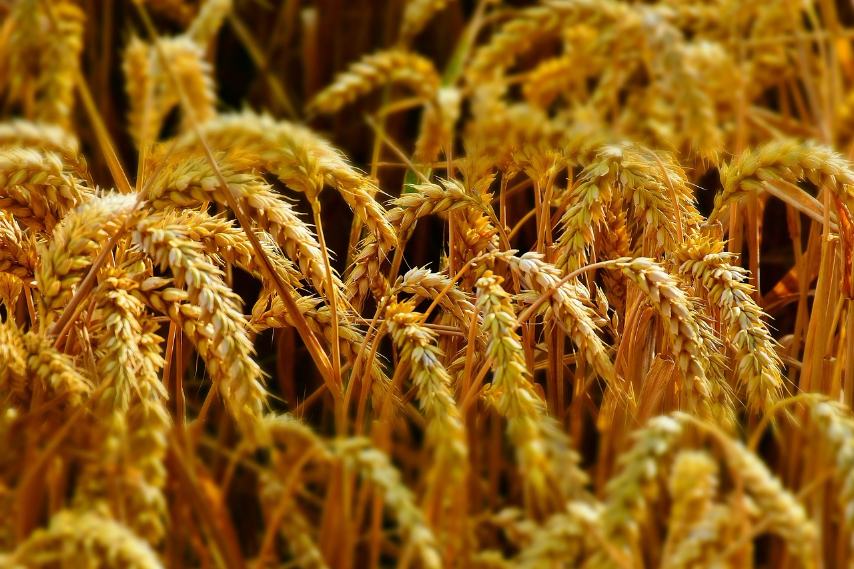Chemycal has been acquired by 3E
Learn MoreChemycal has been acquired by 3E
Learn MoreDiscover how Chemycal PRO helps you boosting your regulatory monitoring:

With the proliferation of international trade over the past two decades, the global business community already has recognized the impact that laws and regulations can have on supply chains and profit. Moreover, as more countries have acceded to the World Trade Organization (WTO) and committed to bilateral and multilateral tariff-reducing agreements, nontariff barriers like certificate requirements, import licensing, standards, and bureaucratic delays have multiplied in the food and agricultural industries. While many of these government measures are carefully designed to protect human, animal, and plant life or health and were drafted to be consistent with international laws and obligations, many other measures are born of protectionist intentions and unnecessarily impede trade. Understanding the scientific underpinnings of these measures is key to teasing apart justified and unjustified trade barriers.
Disputes surrounding these issues have been litigated in domestic and international courts, and even if the outcomes are not always favorable, there are reasonable assurances that governments are held accountable to the rule of law. Specifically, members of the WTO are obligated not only to comply with the WTO agreements’ binding provisions where applicable, but also to implement a domestic system that reflects the spirit and rules of the agreements.
CONTINUE READING ON kslawemail.com
2013 © MyChemicalMonitoring. ALL Rights Reserved. About Us | Terms and Conditions